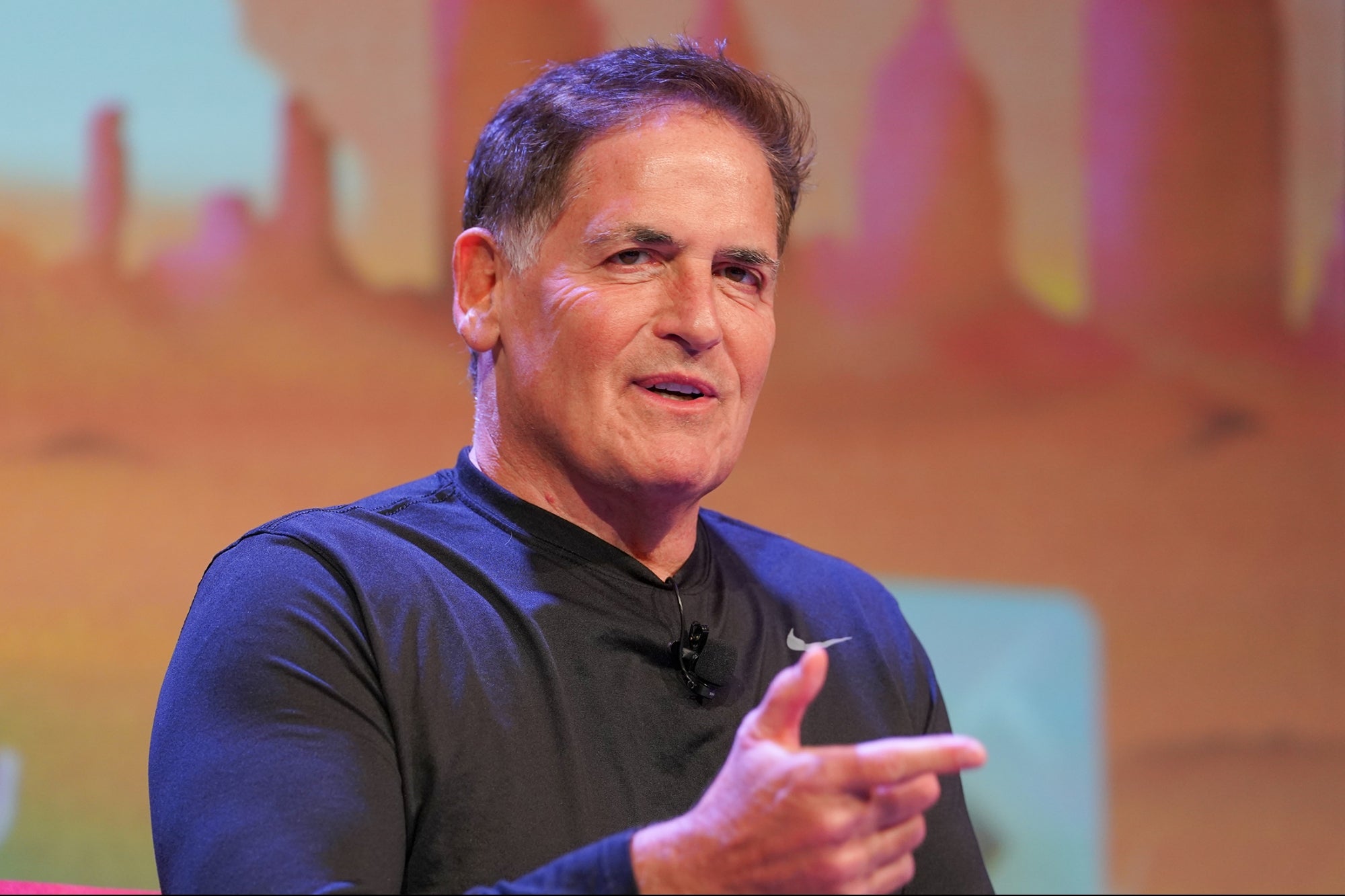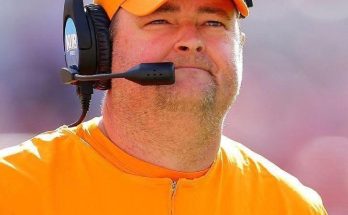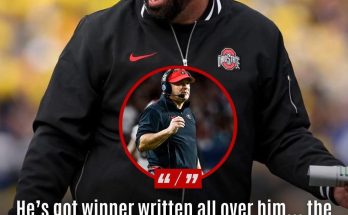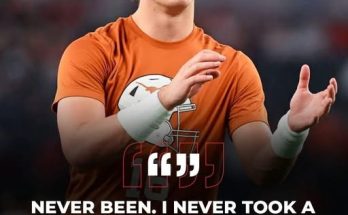Mark Cuban has never shied away from bold statements or forward-thinking ideas. As the outspoken billionaire entrepreneur and minority owner of the Dallas Mavericks, Cuban has made a name for himself not only through business and sports but also through his willingness to challenge norms and embrace innovation. So, when Cuban said, “I’d love to have a Filipino player. If they play on the Mavs, we’d be the team for the country, right?” he wasn’t just making a passing comment — he was speaking to a cultural opportunity that could redefine basketball’s global landscape, particularly in Southeast Asia. At the intersection of sports, identity, and globalization lies an idea so simple and yet so powerful: the presence of a Filipino player in the NBA — specifically with the Mavericks — could unlock a wave of passion, loyalty, and cultural pride unlike anything the league has seen before.
The Philippines is a basketball-obsessed country. From the crowded streets of Manila to the rural courts of Mindanao, basketball isn’t just a sport — it’s a lifeblood. With over 110 million people, many of whom grow up idolizing NBA stars and playing the game on makeshift hoops nailed to coconut trees, the country’s fervor for basketball is unmatched. But despite the undying love and grassroots support for the sport, the Philippines has yet to produce a bona fide NBA superstar. There have been Filipino-American players, yes — Jordan Clarkson currently stars for the Utah Jazz, and Jalen Green, who has Filipino heritage, is rising quickly with the Houston Rockets. But there has yet to be a full-blooded Filipino player raised and developed in the country to make an NBA roster. Cuban’s vision, therefore, taps into a deep yearning in the Filipino psyche: the desire to see one of their own on the league’s grandest stage.
If a player from the Philippines were to make it to the NBA, it would be a historic moment. But if he were to do so wearing a Dallas Mavericks jersey, the implications for the team, the league, and the player himself would be seismic. Mark Cuban isn’t simply talking about adding international flair for the sake of diversity. He’s talking about harnessing a nationwide cultural identity and aligning it with a franchise in a way that transcends basketball. The Mavericks could go from being a respected Western Conference team to becoming the default favorite of an entire nation. This wouldn’t be a mere marketing stunt. This would be a strategic alliance between a franchise and a fan base that already lives and breathes the game.
Filipino fans are known for their loyalty, intensity, and undying passion for the sport. These are not casual observers — they’re the type of supporters who flood social media, tune into games at 4 a.m. local time, and create thriving online communities around the NBA. Jordan Clarkson has already experienced this firsthand. Every time he takes the court, Filipino fans light up Twitter, flood comment sections with flag emojis, and organize watch parties. Now imagine if a Filipino-born player — someone who grew up playing on barangay courts, learned the game in school gyms in Quezon City or Cebu, and rose through the ranks of local leagues like the UAAP or NCAA Philippines — actually made the jump to the NBA. The groundswell of national pride and support would be immense, and if that player wore blue and white for Dallas, the Mavericks would inherit that entire nation’s admiration.
For Cuban, this idea isn’t just about sentimentalism. It’s rooted in a sharp understanding of market potential. The NBA has been actively globalizing for decades, targeting China, Europe, and more recently, Africa and India. But Southeast Asia — despite its massive population and cultural affinity for basketball — has remained largely untapped in terms of player representation. The Philippines, as the region’s most basketball-crazed country, presents a unique gateway. Having a Filipino on an NBA roster isn’t just good PR; it’s a long-term investment in fan engagement, jersey sales, TV deals, and brand loyalty. It’s about unlocking the passion of a people who have always loved the game, but never had a true NBA home to call their own.
There’s also something deeply human in Cuban’s statement — a recognition of representation’s power. When young Filipino boys and girls see someone who looks like them, talks like them, and comes from the same background as them playing in the NBA, it tells them that dreams aren’t limited by geography. It tells them that hard work, talent, and opportunity can intersect regardless of where you come from. It elevates the aspirations of an entire generation. Cuban understands this, and he’s framing it within the context of basketball, but its ripples would be felt far beyond the court.
Of course, there are challenges. For a Filipino player to make the NBA, he would need not only the raw skill but the physical attributes, discipline, and access to elite development. The path is difficult, especially when local infrastructure often pales in comparison to American or European systems. However, recent years have seen a notable improvement. Programs like the NBA Global Academy, the growing popularity of high-performance training camps, and partnerships with local federations are all signs that the dream is no longer far-fetched. The likes of Kai Sotto — the towering center who played in Australia’s NBL and had a stint with the G League Ignite — show that the pathway is forming, even if the final step to the NBA roster remains elusive.
What makes Cuban’s Mavericks an ideal destination is their history of international players. From Dirk Nowitzki, the German legend who defined a generation, to Luka Dončić, the Slovenian phenom currently carrying the franchise, Dallas has long embraced global talent. They’re not afraid to scout overseas, to invest in long-term development, and to bet on players outside the traditional American college system. That openness makes them uniquely positioned to be the landing spot for a pioneering Filipino star. In Cuban, they have an owner who not only recognizes the business opportunity but genuinely believes in breaking barriers and expanding the game’s reach.
Beyond the business and the representation, there’s also the cultural bridge that basketball builds. If a Filipino joins the Mavericks, it becomes more than just a team-fan relationship. It becomes an exchange — of cultures, of stories, of values. Filipino fans bring passion, hospitality, and loyalty. Dallas brings a platform, legacy, and a chance to shine on the biggest stage. Together, they could write one of the most compelling sports stories of the modern era — one that blends heritage and hardwood, dreams and determination.
And for the player himself? The journey wouldn’t be easy. He would carry the hopes of a nation, the weight of expectations, and the glare of a spotlight brighter than most. But he would also be welcomed by millions, supported by a fan base unlike any other, and celebrated for simply showing that it could be done. In a way, Cuban’s comment is an invitation — not just for a player, but for a movement. For scouts to look deeper into Filipino talent. For coaches to nurture potential in the Philippines. For youth programs to aim higher. And for young kids to believe that they don’t have to be born in New York or Los Angeles to dream NBA dreams.
In the end, sports are most powerful when they mean more than wins and losses. When they symbolize possibility. Mark Cuban sees that. He sees that bringing a Filipino player to Dallas isn’t just about getting a new shooting guard or forward. It’s about embracing a global game and giving a nation a reason to cheer louder, stay up later, and believe harder. It’s about building bridges and writing new stories — ones that begin in the Philippines and find their climax under the bright lights of American arenas. And if Cuban’s vision comes true, the Mavericks won’t just be another NBA team. They’ll be the team — for the Philippines, and perhaps, for the future of basketball itself.



